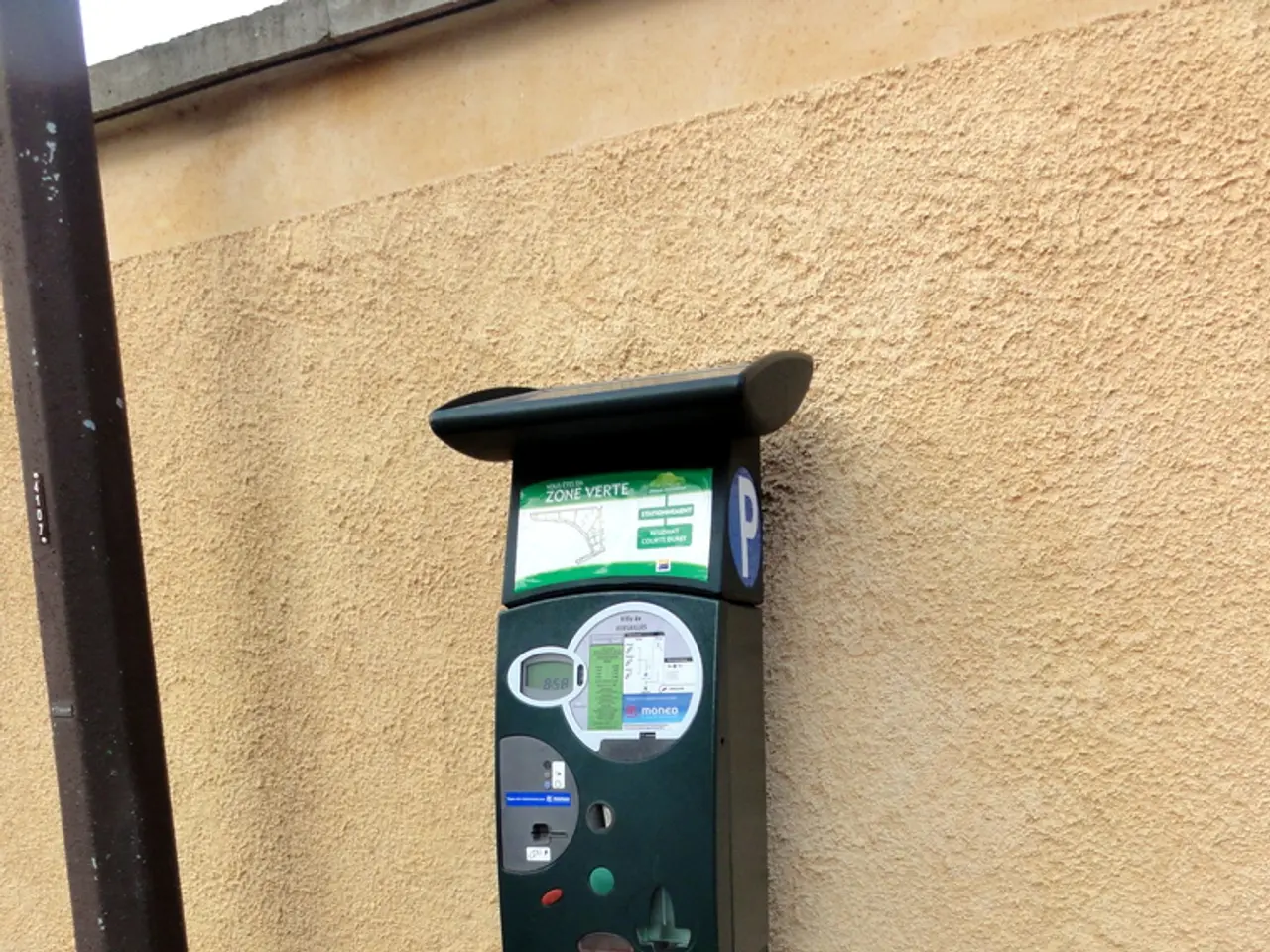Bitcoin Automated Teller Machines (ATMs) Involved in Fraudulent Activities Receive Caution from FinCEN
The world of cryptocurrency is facing increased scrutiny, with regulators tightening their grip on Cryptocurrency Automated Teller Machines (ATMs) due to their involvement in fraud, money laundering, and scams. Particularly concerning is the disproportionate impact on elderly victims.
In the United States, the state of Spokane in Washington became the first city to ban crypto ATMs following FBI data revealing $5.6 billion in nationwide kiosk-related fraud losses. This trend is not unique to the US; jurisdictions worldwide are taking action. New Zealand is planning to ban crypto ATMs entirely, while Australia is capping transactions and revoking licenses for non-compliant operators.
The surge in crypto ATMs is evident. The number of such machines in the US has skyrocketed from approximately 4,100 units in 2019 to over 37,000 today. However, this growth has been accompanied by a rise in fraudulent activities. In 2024, reported victim losses from these schemes increased by 31% to nearly $247 million.
The Financial Crimes Enforcement Network (FinCEN) has issued detailed advisories, urging enhanced vigilance by financial institutions and operators. They have highlighted crypto ATMs as tools used in laundering drug proceeds and scams impacting seniors. FinCEN has also provided specific warning signs, including large cash withdrawals for crypto kiosks, elderly clients with no crypto history making sizable transactions, and blockchain evidence linking funds to criminal wallets.
Many states are mandating crypto ATM operators to be licensed and to warn customers about potential criminal exploitation. For example, Nebraska limits transactions to $2,000 per day for new customers and $10,500 for existing ones, and requires fraud prevention steps and refunds in cases of verified fraudulent transactions.
FinCEN advises financial institutions to monitor transactions involving crypto ATMs for suspicious indicators, such as multiple accounts linked to the same phone number or wallet, unusually large cash withdrawals intended for crypto deposits, especially by elderly clients with no prior activity, or operators failing to register as money services businesses or lacking know-your-customer (KYC) controls.
Without decisive regulation, these kiosks remain “silent accomplices” in financial crimes. Calls for stronger controls or bans are growing louder, with measures proposed including enhanced user verification, mandatory warnings at machines, and strict anti-fraud compliance requirements.
Jade Shi, a senior analyst at HashKey Group, called for stricter oversight of crypto ATMs to "curb" criminal activity. Non-compliant operators often advertise anonymity, charge excessive fees, and allow customers to conduct multiple transactions without identification requirements.
Once criminals receive crypto through these kiosks, they typically convert proceeds into stablecoins and use sophisticated "chain-hopping" techniques across multiple blockchains to obscure transaction trails. Scammers often convince elderly victims to drain their retirement accounts and convert funds into crypto, exploiting the irreversible nature of blockchain transactions.
In conclusion, the regulatory landscape is evolving rapidly to curtail fraud and money laundering via crypto ATMs, protect vulnerable populations, and require operators to take proactive anti-fraud and Anti-Money Laundering (AML) measures under state laws and federal FinCEN guidance. Financial institutions are urged to be vigilant in identifying and reporting suspicious activity involving crypto kiosks.
- The increase in cryptocurrency Automated Teller Machines (ATMs) has led to concerns about their role in fraud, money laundering, and scams, particularly affecting elderly victims.
- In response, the city of Spokane in Washington has become the first to ban crypto ATMs, following FBI data revealing $5.6 billion in fraud losses in the US alone.
- Other jurisdictions worldwide, such as New Zealand and Australia, are taking similar action by either banning crypto ATMs entirely or capping transactions.
- The Financial Crimes Enforcement Network (FinCEN) has issued advisories, urging financial institutions and operators to be mindful of crypto ATMs being used in drug-related money laundering and scams impacting seniors.
- FinCEN has provided warning signs for potential crimes, including large cash withdrawals for crypto kiosks, elderly clients with no crypto history making sizable transactions, and blockchain evidence linking funds to criminal wallets.
- States are now mandating crypto ATM operators to be licensed, warn customers about potential fraud, and implement fraud prevention measures, as seen in Nebraska's transaction limits and fraud prevention steps.
- Jade Shi, a senior analyst at HashKey Group, has called for stricter oversight of crypto ATMs to curb criminal activity, as non-compliant operators often provide anonymity, excessive fees, and lack identity verification requirements.




